Japan is a place where you go for sushi. Besides food, Japan is also the place you go shopping for its unlimited beautiful and cute souvenirs. Their extraordinary packaging creativity and technology are simply mind-boggling. There’re so many brands that you can associate with Japan – Sony, Hello Kitty, Honda, Canon, Shiseido, Shimano, and the list goes on. Even Steve Jobs got his idea about iPod from Sony.
Now, there’s a latest hot souvenir that tourists to Japan are snapping like crazy. Tourists, especially from China and Taiwan, are emulating Japanese school children – buying colourful “randoseru” (ランドセル) for their kids back in mainland. Randoseru are the large, sturdy backpacks used by Japanese elementary school children to carry books and supplies while they commute to school. Perhaps if you spend more time in Japan, you could have seen them on the backs of Japanese students
These stiff leather backpacks are a traditional part of an elementary school kid’s ensemble in Japan. But “Randoseru” is not a new product. It were introduced to Japan during the 19th century and their use as the bag of choice for elementary school kids became widespread only during the latter half of the 20thcentury. The name “randoseru” came from the Dutch word “ransel” which means backpack.
Japanese kids start using a randoseru at age 6 – the first year of elementary school – and are expected to use the same bag through sixth grade. Hence, these ubiquitous bags are an iconic part of the Japanese elementary school experience. Tourists like them due to their practical, durable construction from stiff leather or synthetic leather. And since kids at primary school level normally don’t know how to take care of their school bags, randoseru makes perfect solution.
In the older days, randoseru were produced primarily in red and black, for girls and boys respectively. However, a wider choice of colours have become popular – pink, brown navy, green, marine blue. Private school students often decorate their randoseru with school insignia. If you like to copy these Japanese kids to the next level, you can also buy clear plastic covers that slip over the bags to keep out rain and to protect the bags from scratches.
But these quality bags do come at a price. On average, a leather randoseru is about ¥36,000 (US$330; £202; RM1,074) but can go as much as ¥60,000 (US$550; £336; RM1,790) or even thousands of dollars. You can still get a very basic one for around US$80. The prices depend very much on the materials, design and whether they are made in Japan or not. And because kids will be using the same bag for six years in Japan, they are made to last.
Due to the steep price, synthetic leather randoseru are increasingly popular because it’s cheaper. You can get it from Amazon or eBay if travelling to Japan is not an option. Of course, the options are quite limited on the internet, not to mention you can’t touch and feel the material of the bag. In Japan, you can get it from departmental stores such as Seibu, Isetan, Takashimaya, Marui and Mitsukoshi.
Here’s some tips to get the randoseru at a cheaper price – get it from Aeon – as their prices are slightly reasonable, starting at about ¥29,000. Still, no shops can beat discount home furnishings retailer Nitori, which sells for between ¥9,900 to ¥19,900. You can also get it from school supply shops across the country, of even Yorozu duty-free shop at Kansai Airport. Tokyo’s Harajuku area are particularly popular with tourist because there’s a long-established randoseru manufacturer shop.
Amazingly, randoseru is so popular that even adults were seen using it themselves. American actress Zooey Deschanel was spotted carrying a randoseru in New York. Even giant American sports apparel company such as Nike has jumped into randoseru business. And popular Doraemon helps with the marketing as well.
Other Articles That May Interest You …
- One More (Secret) Thing … Apple iOS 8 Allows Wireless Charging Using MicroWave
- iPhone 6 – The Crazy Queue Starts In Australia, Because It Cost Triple In China
- Meet Billionaire Stephen Hung, Who Just Ordered 30 Rolls-Royces For Louis VIII
- Exposed! Food Scandal – Hong Kong, Macau & Taiwan Use “Gutter Oil”
- Here’re 20 Dirty Secrets The Airlines Don’t Want You To Know

|
|
September 24th, 2014 by financetwitter
|


|

|

|

|

|

|






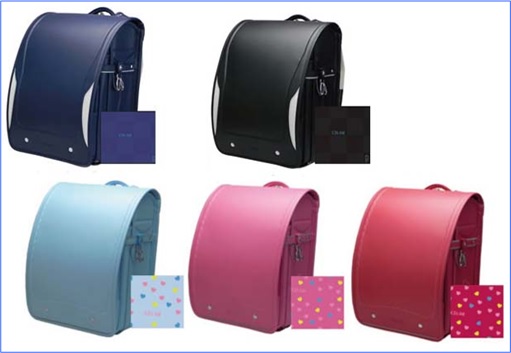
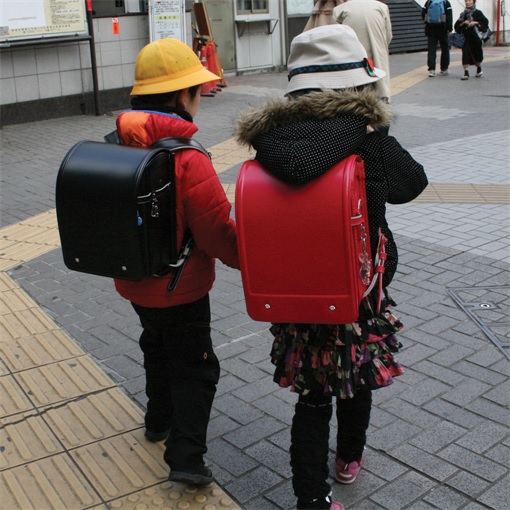

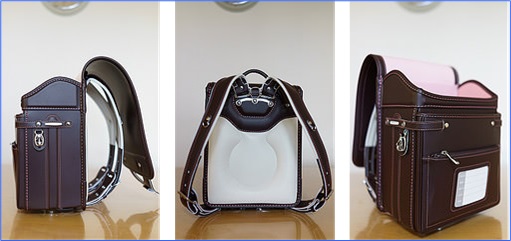
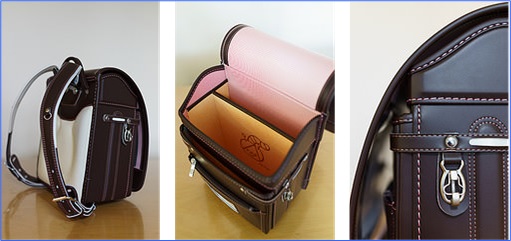
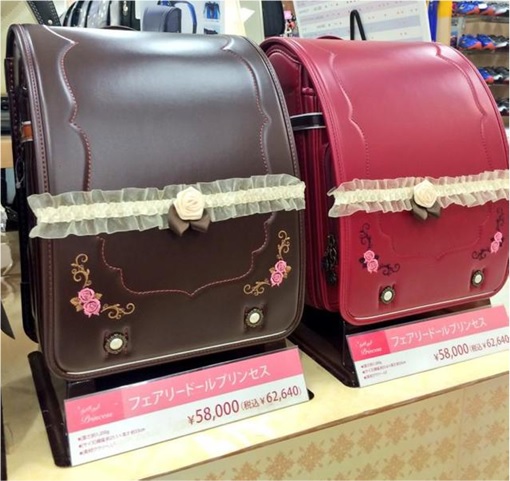

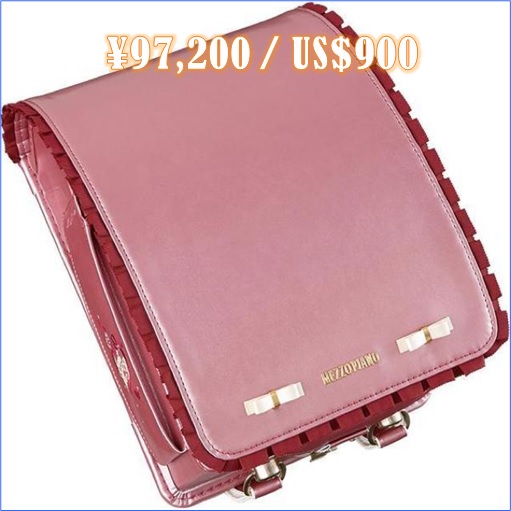
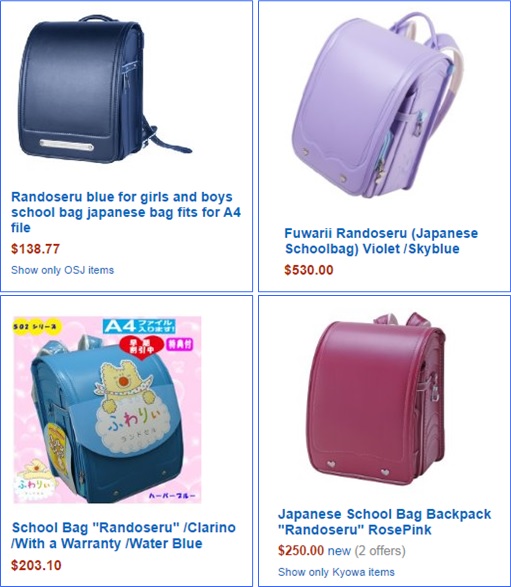
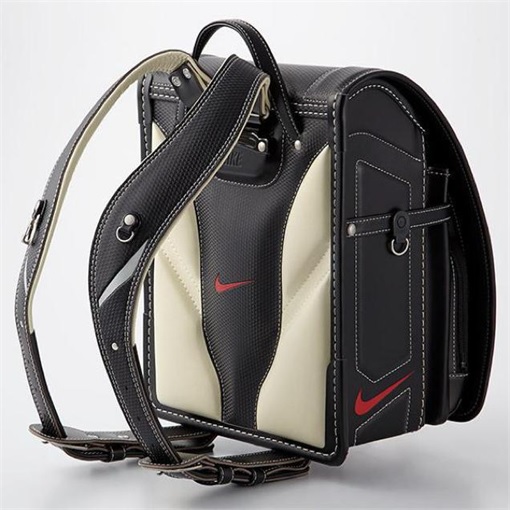
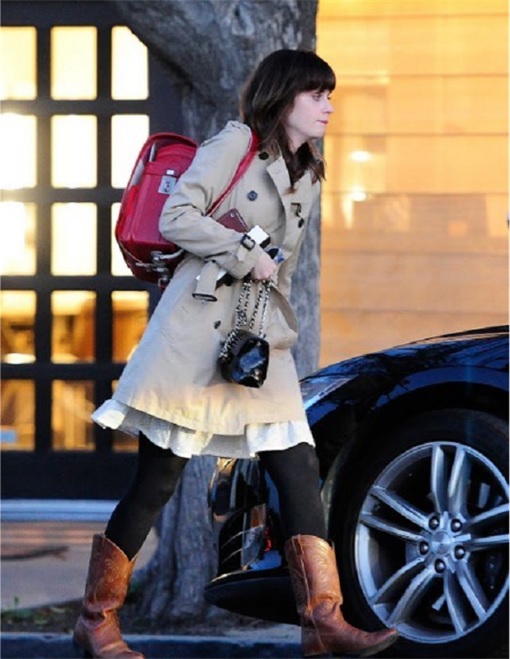
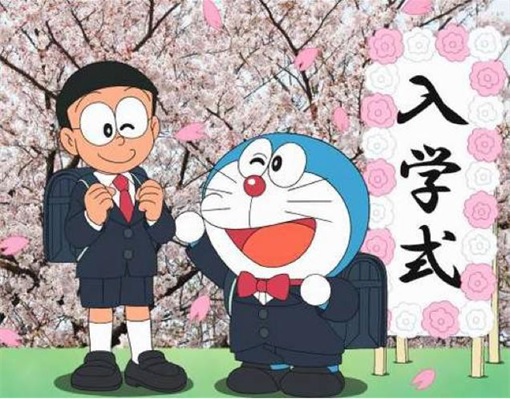






















Comments
Add your comment now.
Leave a Reply